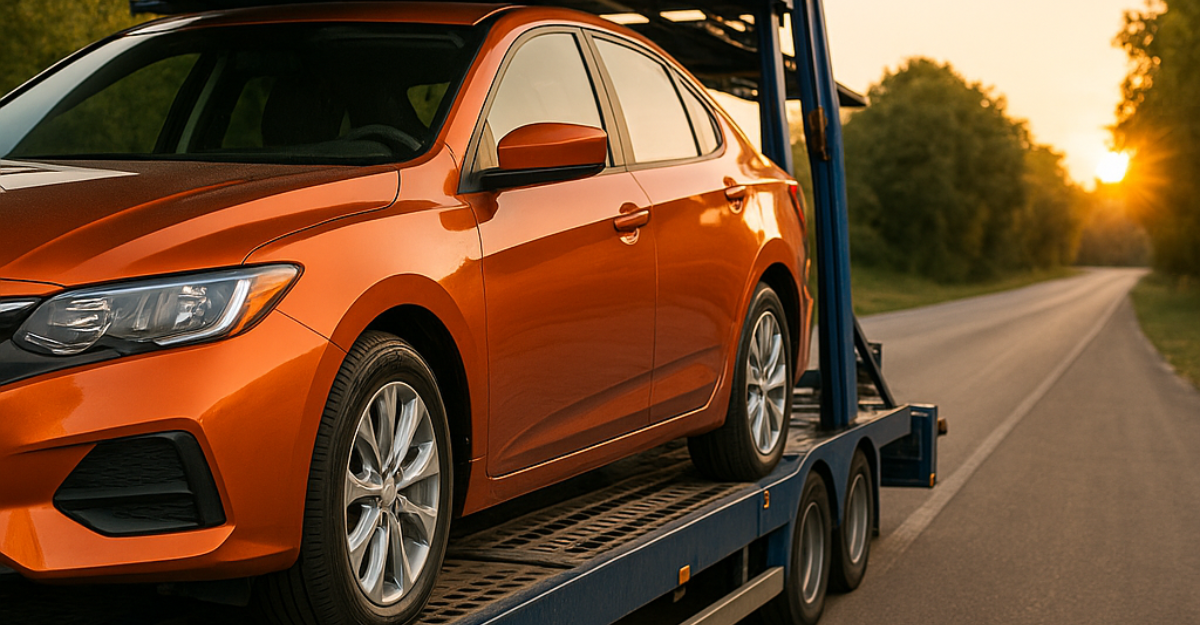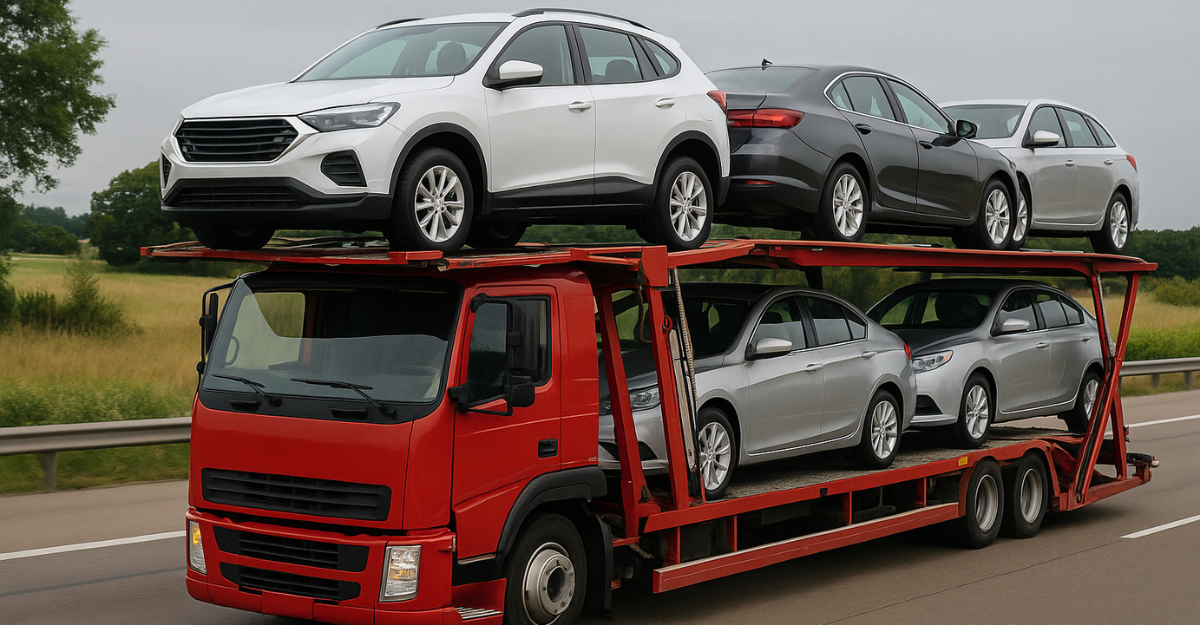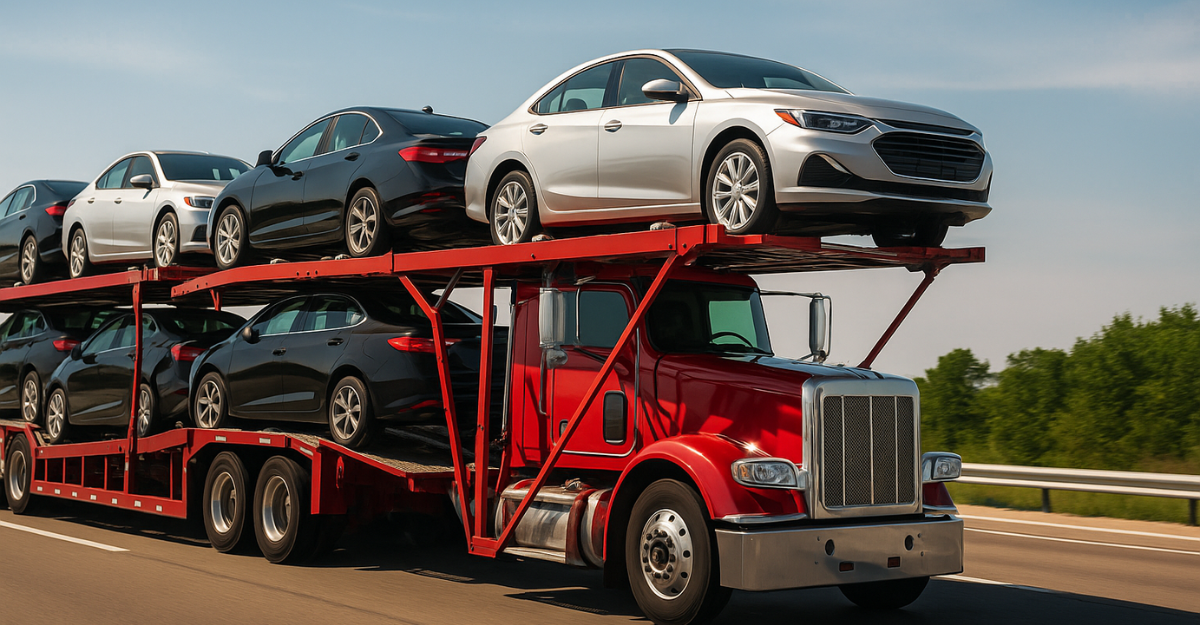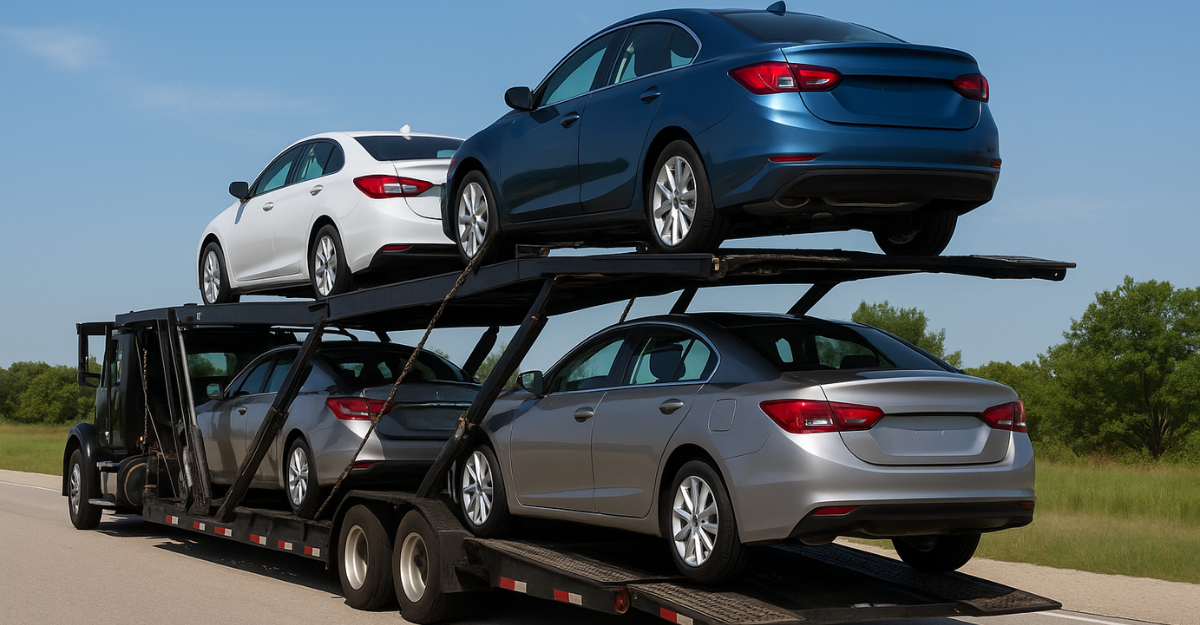Shipping a non-running car can be a challenge, but with the help of professional inoperable vehicle shipping services, it’s completely manageable. Whether you’re moving a project car, buying a salvage title vehicle online, or need to ship a car that won’t start after an accident, there are trusted transport options that specialize in handling vehicles that can’t move under their own power.
This guide will walk you through how inoperable vehicle shipping works, what it costs, and how to prepare your vehicle for transport.
What Is Inoperable Vehicle Shipping?
Inoperable vehicle shipping refers to the transportation of cars that cannot be driven onto a trailer due to mechanical, electrical, or structural issues. These vehicles require specialized loading equipment—typically winches or lift gates—and carriers trained in non-standard loading procedures.
Even if your car won’t start or has a damaged transmission, professional auto shippers can safely load, secure, and deliver it to its destination.
What Counts as an Inoperable Vehicle?
A vehicle is typically considered inoperable if it cannot be started or safely driven onto the transport trailer. Common issues include
Dead battery or failed ignition
Missing wheels or tires
Damaged engine or transmission
Seized brakes
Collision or flood damage
Missing keys or electronics
If the vehicle can roll, steer, and brake (even if it won’t start), it may still be eligible for standard loading with a winch. If not, it may require a forklift or flatbed tow for pickup.
Who Uses Inoperable Vehicle Shipping Services?
This type of transport is ideal for
Online buyers of salvage or auction vehicles (e.g., Copart, IAAI)
Private owners restoring classic or project cars
Insurance companies moving totaled vehicles
Dealerships transferring damaged trade-ins
People relocating with a car that no longer runs
Auto body and repair shops needing delivery
How Inoperable Vehicle Shipping Works
The process is similar to regular car transport, with added steps for loading and handling
Step 1: Request a quote and describe the vehicle’s condition
Step 2: Choose open or enclosed transport
Step 3: Carrier schedules pickup and brings special equipment
Step 4: Vehicle is winched or loaded via forklift or liftgate
Step 5: Vehicle is secured and transported to destination
Step 6: Unloading is handled with equal care and verification
Preparing Your Inoperable Car for Shipping
Although your car may not run, you still need to prepare it for transport
Clean the vehicle and document any visible damage
Secure loose parts, panels, or trim
Remove personal belongings and valuables
Ensure all fluids are properly capped
Disable alarms and remove toll tags
If possible, ensure the wheels roll freely and the parking brake is off
Choosing the Best Company for Non-Running Vehicle Transport
It’s essential to work with companies that specialize in inoperable vehicle shipping and have the right equipment
Check FMCSA license and insurance at safer.fmcsa.dot.gov
Look for reviews on BBB and TransportReviews
Ask about winch availability and liftgate access
Get a written quote that includes all fees
Confirm loading method and insurance coverage
Trusted Providers for Inoperable Car Transport
Here are reputable companies offering inoperable vehicle shipping services
Montway Auto Transport – Offers winch loading and access to salvage auctions
AmeriFreight – Experienced with damaged and non-running vehicles
Sherpa Auto Transport – High customer satisfaction and coverage
Direct Express Auto Transport – Instant quotes for inop shipping
uShip – Marketplace with carriers who specialize in salvage and inop moves
Frequently Asked Questions
Is inoperable vehicle shipping more expensive?
Yes, usually $100–$200 more than standard transport due to specialized equipment and labor.
Can I ship a car without wheels or keys?
Yes, but you must inform the shipper in advance. This may require forklift loading and increase costs.
Does the vehicle need to be clean?
It’s recommended, as a clean vehicle helps with inspections and documenting pre-existing damage.
Can I ship an inop car cross-country?
Absolutely. Most long-distance carriers have equipment to handle non-running vehicles.
Inoperable Car Shipping Cost Estimates
| Route | Distance | Open Carrier | Enclosed Carrier |
|---|---|---|---|
| Los Angeles to Phoenix | 375 miles | $600 – $850 | $900 – $1,200 |
| New York to Atlanta | 870 miles | $850 – $1,100 | $1,300 – $1,600 |
| Miami to Chicago | 1,400 miles | $1,000 – $1,250 | $1,500 – $1,900 |
| Seattle to Houston | 2,300 miles | $1,300 – $1,600 | $1,900 – $2,400 |
Transport Type Comparison for Non-Running Vehicles
| Transport Option | Best For | Loading Method | Estimated Cost |
|---|---|---|---|
| Open Carrier + Winch | Most salvage or auction cars | Winch | $$ |
| Enclosed Carrier + Liftgate | Luxury inop or classic cars | Hydraulic liftgate | $$$ |
| Flatbed Tow + Transfer | Local recovery or short moves | Forklift or flatbed | $$$$ |

